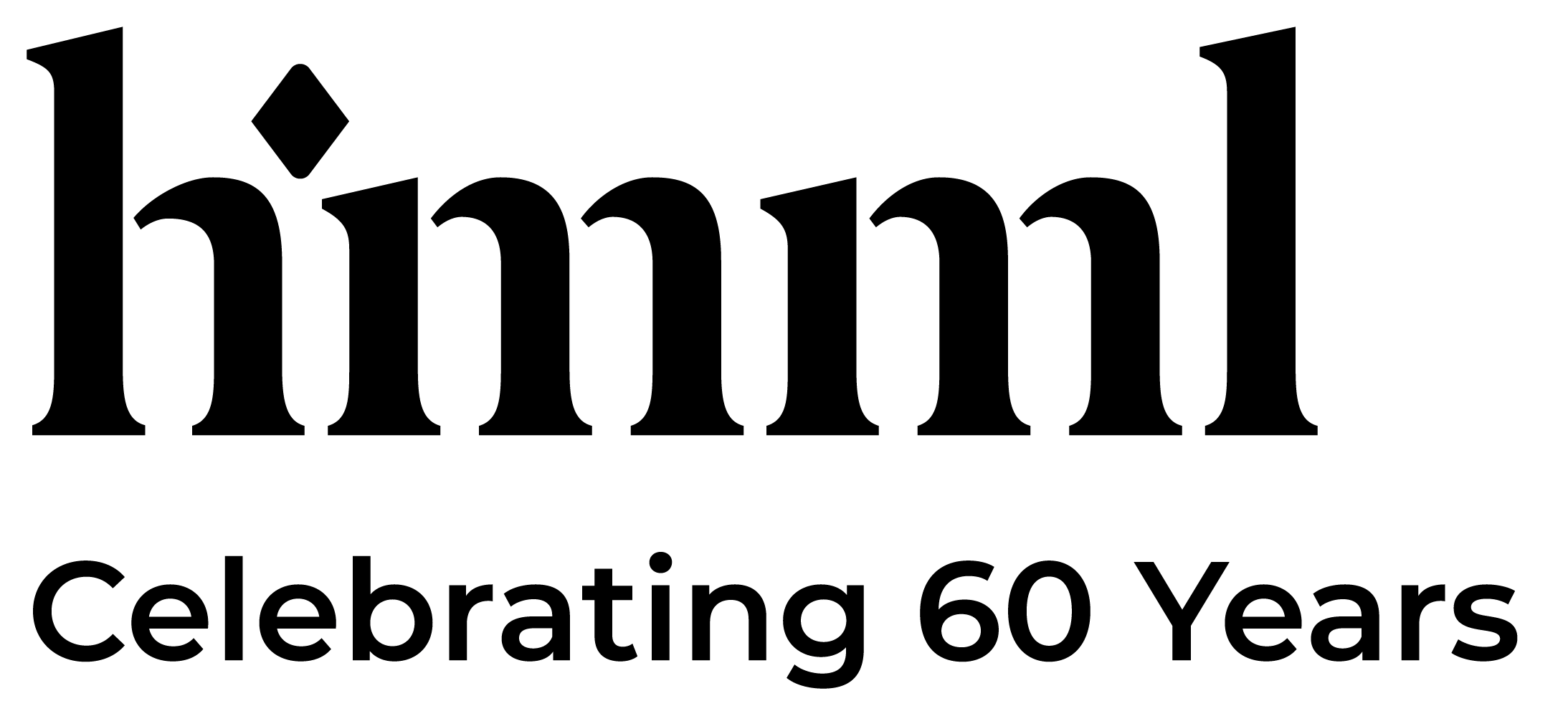Cataloging Progress On The Mamma Haidara Library, In Tombouctou, Mali
Collections News
Cataloging progress on the Mamma Haidara Library, in Tombouctou, Mali
Posted: 2024-03-18The Mamma Haidara Library is the private library of Abdel Kader Haidara. Haidara descends from one of Timbuktu’s established scholarly families, and he inherited the core manuscript collection from his father. However, his collecting efforts in Timbuktu and a wide area surrounding it have grown the collection significantly. Haidara founded and directs SAVAMA, a Malian NGO and cooperative of private Timbuktu library owners. His relocation of his own library, as well as 35 others, from Timbuktu to Bamako during the Malian crisis of 2012 brought him considerable media attention and local and international fame. So far HMML has cataloged around a quarter (11,344) of this huge collection of over 41,000 digitized manuscripts. While the four-volume Al-Furqan catalog of the library’s holdings, published in 2000, lists information about the first 4,000 or so manuscripts, HMML’s work is drawing public attention to the remaining items for the first time.
The collection includes numerous fine copies of classical books and authors from the Middle East, North Africa, and Andalucia. However, the most remarkable aspects of the collection are the significant proportion of previously unknown authors, largely from Masina, Timbuktu, and areas of present-day Mauritania, pointing to a thriving community of scholars in Islamic law, Qur’anic studies, poetry, and spiritual pursuits. These discoveries are particularly valuable for understanding intellectual life in the region between the end of Timbuktu’s "golden age" (typically the Moroccan invasion of 1591 CE) and the period of societal reform that produced the Islamic states of Hamdallahi and Sokoto (from 1804 CE onwards). Examples include Muḥammad ibn Alfā Sarasire (died 1696 or 1696 CE) who wrote a popular treatise on inheritance law; Muḥammad ibn Aḥmad Bagayogo al-Wankarī (died 1665 or 1666 CE), who versified al-Sanūsī’s introduction to Islamic ritual, Umm al-barāhīn; and Muḥammad Dafa ibn al-Ṭāhir al-Sūqī (active 1734 CE).
The library is also valuable for the large number of letters and other documents it contains. Most revealing are over 80 items of correspondence of the al-Ghadāmisī trading family in Timbuktu; specifically, letters between ʻĪsá ibn Aḥmayd al-Ghadāmisī, the two enslaved brothers N’ji and Samba who acted as the family’s principal agents, and the various customers who bought and sold commodities through them. They take us from the 1850s CE into the early colonial period, and while they are an important source for the items being traded across the region during this time, the most fascinating details are how status is represented and negotiated. Specifically, the terms of address for N'jī and Samba changed as they became trusted members of the family and were eventually manumitted. The library also contains correspondence between the Muslim states of Sokoto and Hamdallahi, and the Kunta family, as well as numerous texts written by their leaders. The library also features ʻajamī writings (African languages written in Arabic script) from Fulfulde poems in praise of the Prophet (SAV BMH 19796; SAV BMH 35067) to glosses in Tamashek, Bambara, and Songhai.
Dr. Ali Diakite and Dr. Paul Naylor, HMML catalogers of West African manuscripts, have cataloged hundreds of copies of the Qurʼan and the Dalāʼil al-khayrāt (a collection of prayers on Prophet Muhammad), some of them beautifully decorated, as well as basic introductions to Islamic ritual such as al-Sanūsī’s aforementioned Umm al-barāhīn. This phenomenon can be explained by the instinct to collect as many manuscripts as possible for preservation, and the fact that any literate person in the region would generally have possessed at least one copy of these works. But we also found some stand-out individual manuscripts, such as SAV BMH 16871, a work by a previously unknown son of the famous Timbuktu jurist Ahmad Baba, which summarizes important events of the 16th century, or SAV BMH 16153, a work previously owned by Ahmad Lobbo, the first ruler of Hamdallahi.
The library undoubtedly has many more surprises waiting for us as we continue our cataloging work. View now
